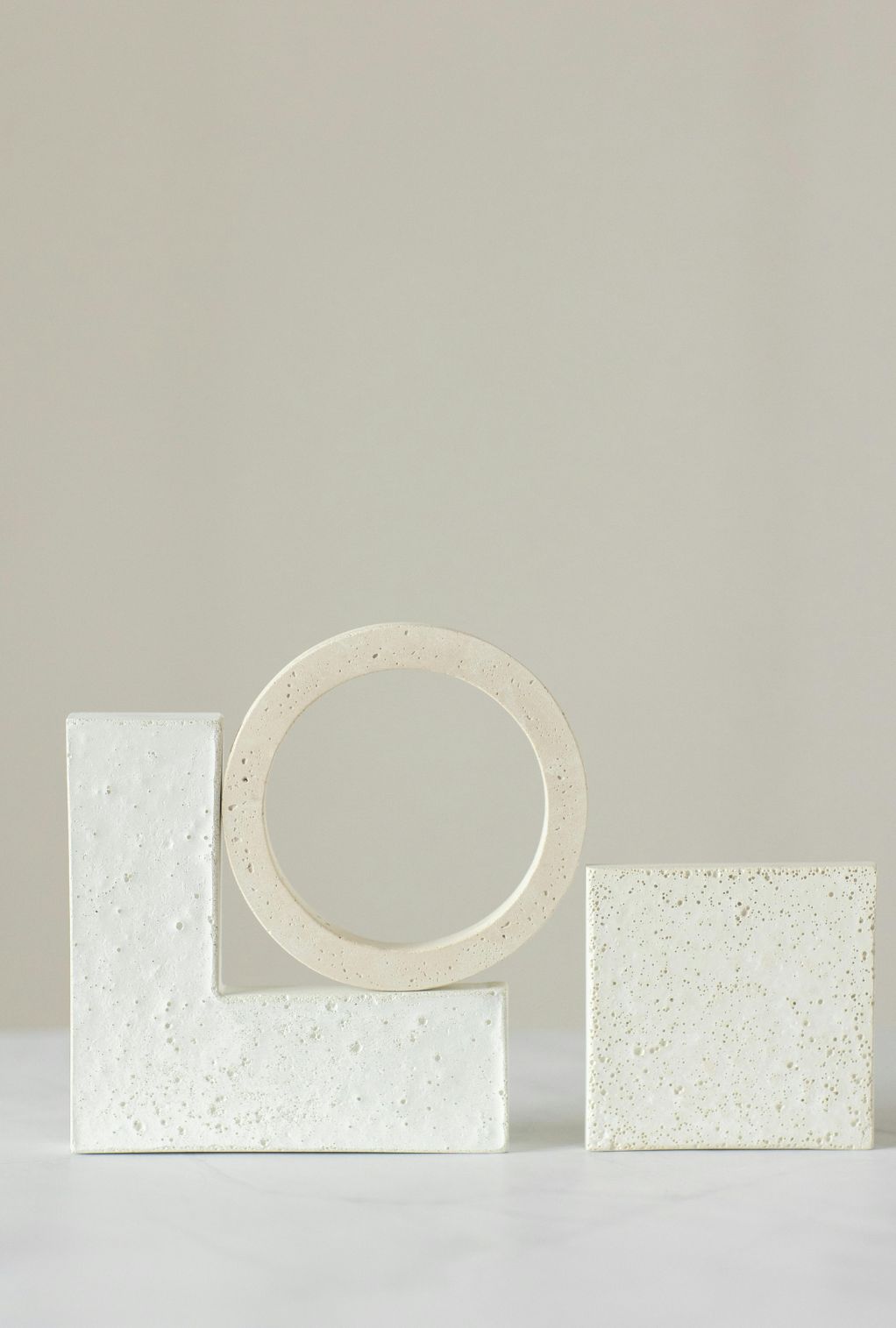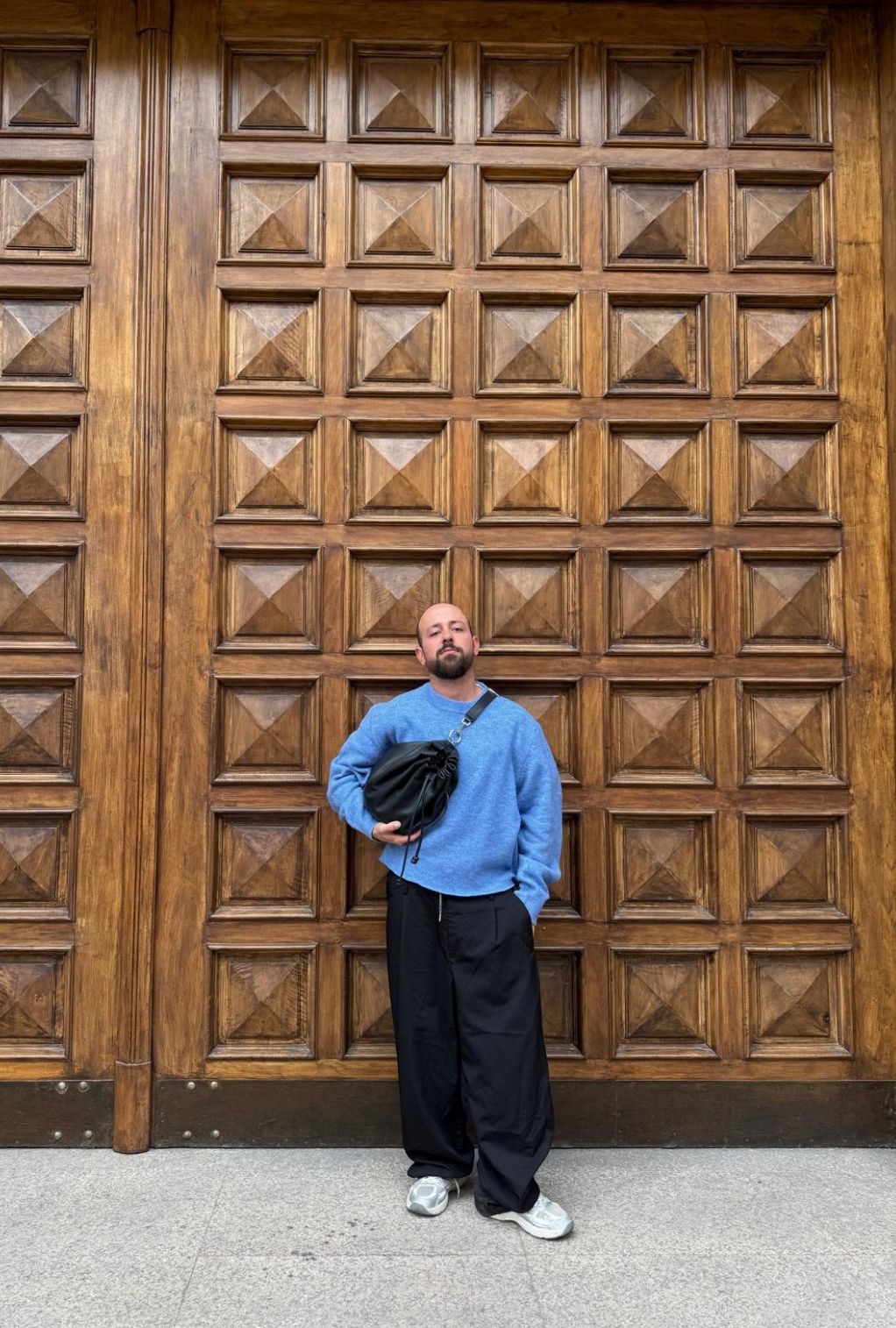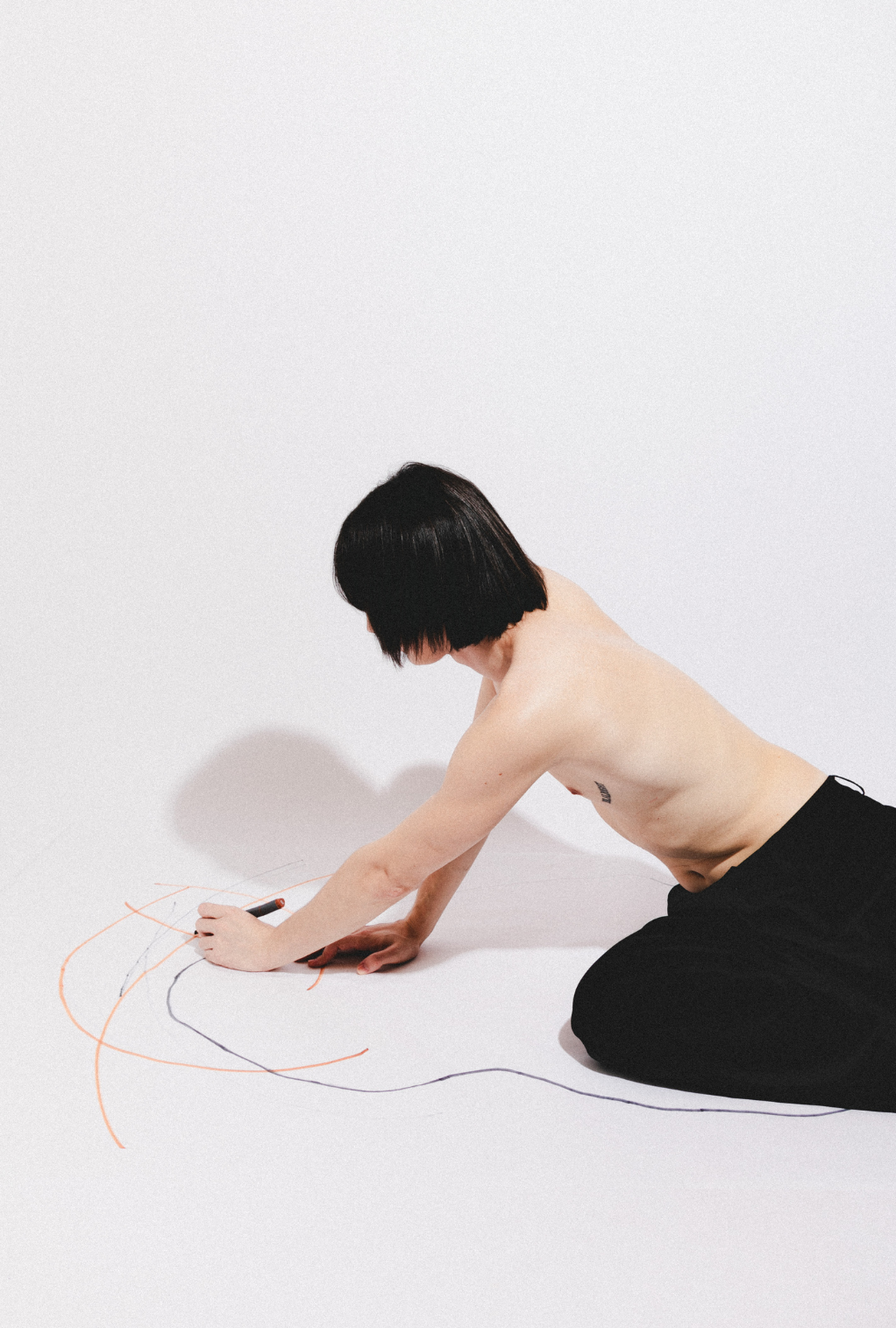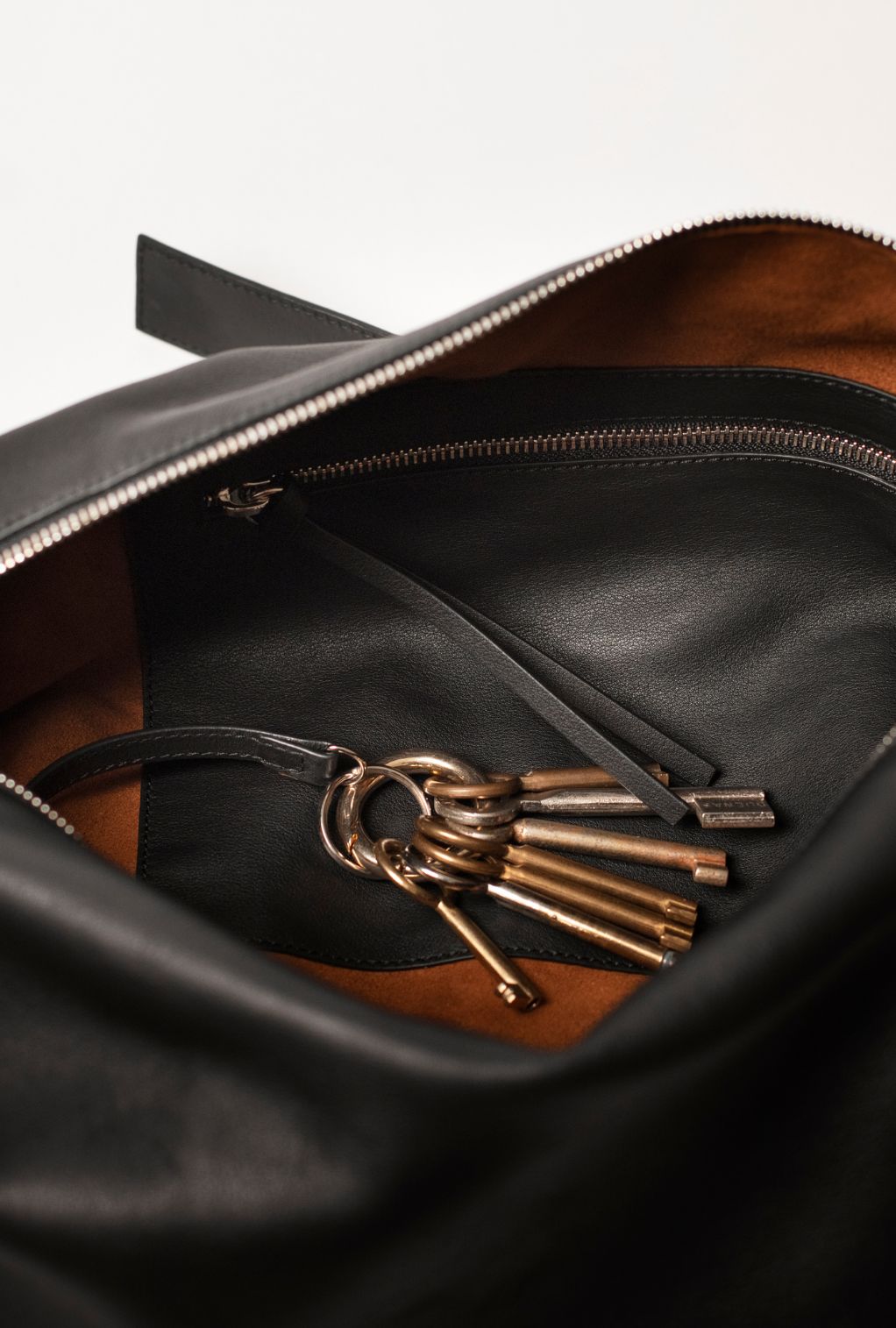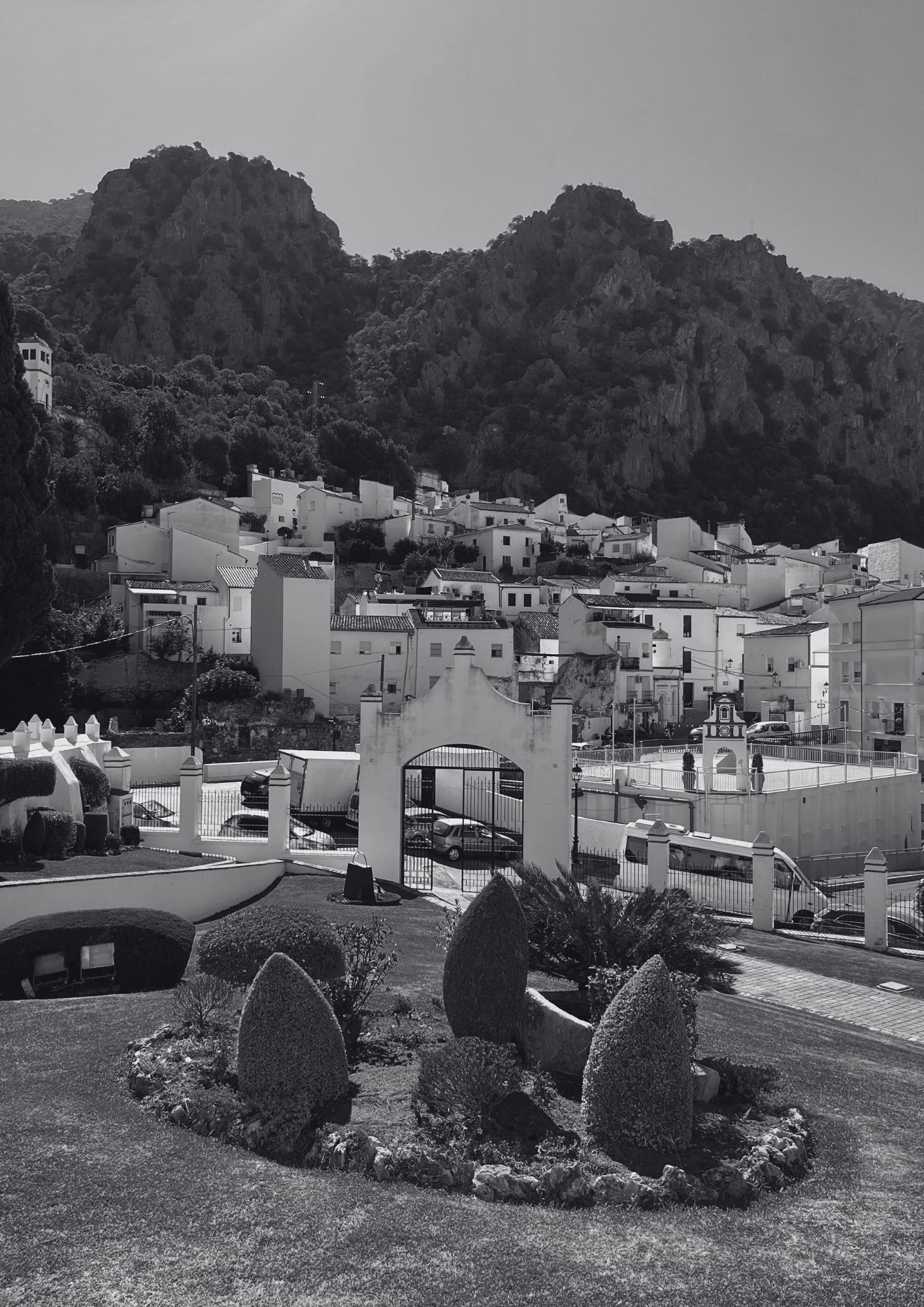
Pattern makers, seamstresses, assemblers, production operators. Professions that support the system from the ground up, but that have been made invisible, precarious, or dismissed as “trades of the past.” And the result is clear: there is no generational replacement. There aren’t enough trained professionals. And brands, just as they begin to recognize the value of producing locally, are discovering that it’s not so easy to find someone who can actually do it.
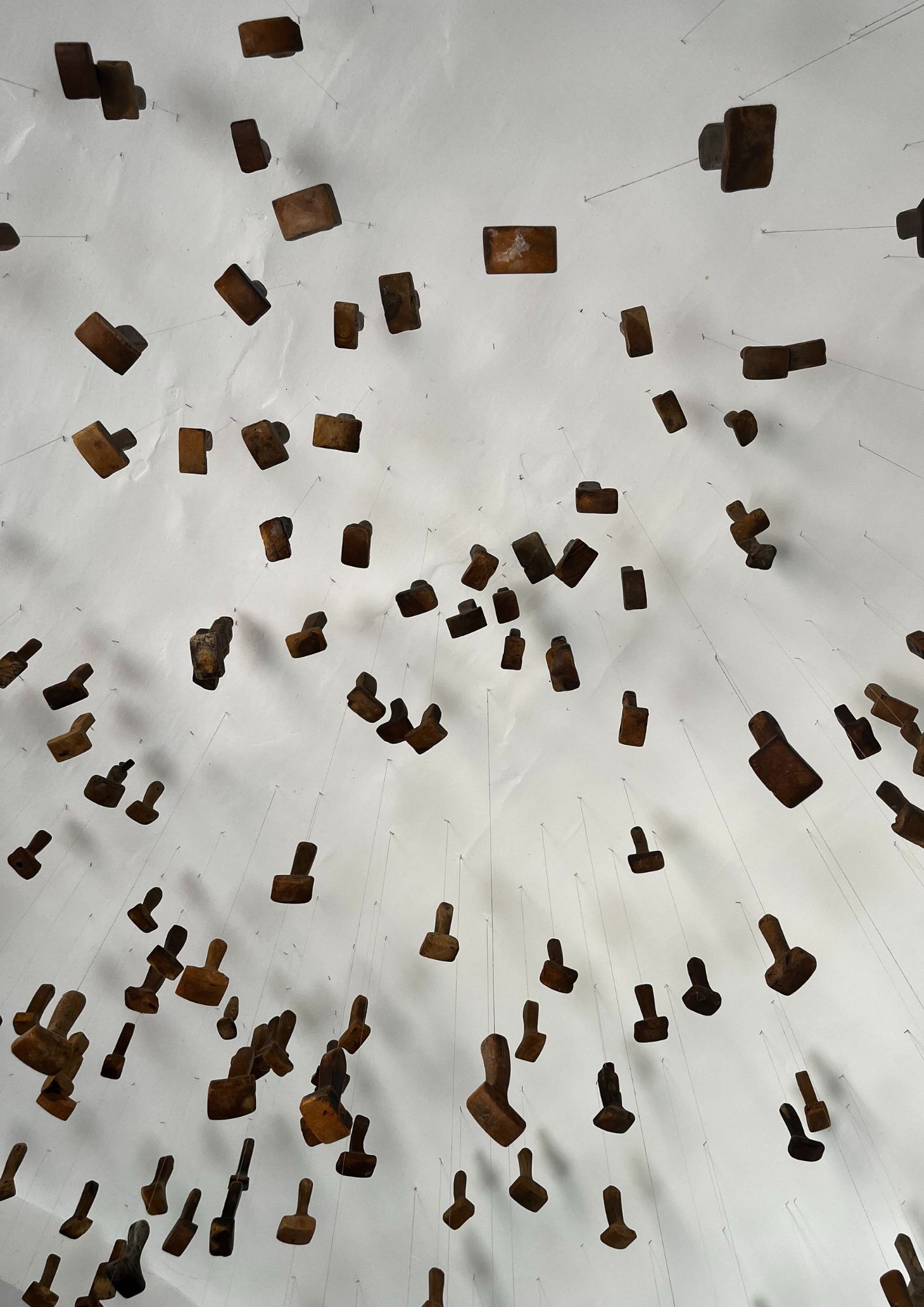
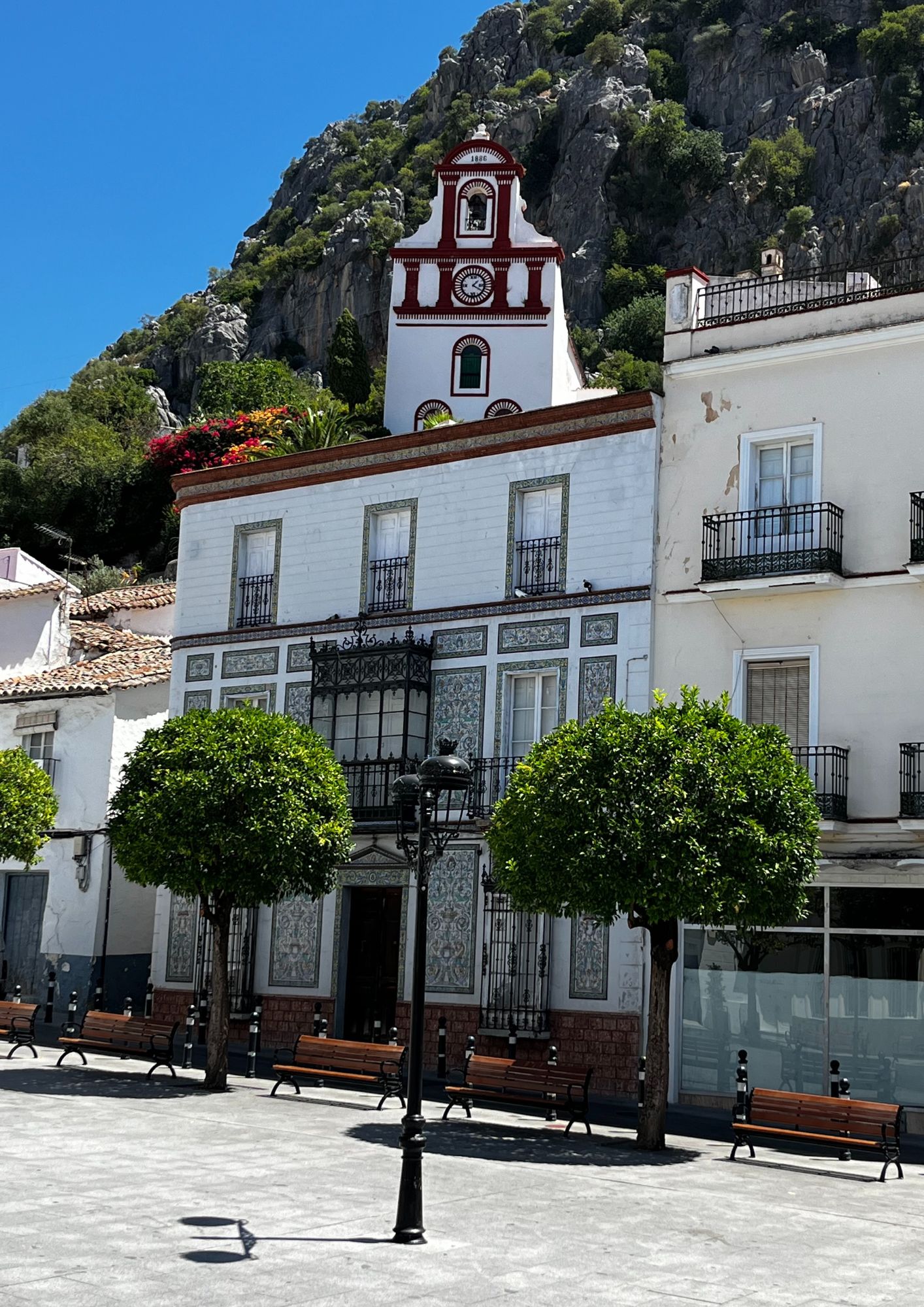
Ubrique, with its long-standing tradition in high-end leather goods, is also becoming increasingly valued in textiles. Brands know that producing in Spain is more expensive, but also more efficient, more transparent, and much more reliable. Here, there is craftsmanship, technical knowledge, and a culture of detail and well-made products.
But even in areas like Ubrique, where quality is unquestionable, the shortage of skilled labor is becoming very noticeable. Workshops have more demand than capacity. Projects are put on hold due to the lack of trained professionals. Small teams can’t grow because there’s simply no one to bring in.
Brands are starting to understand it. For decades, everything was outsourced: production, manufacturing, know-how. What mattered was the design, the brand, and the sale. But global changes —from logistical problems to the need for real traceability— have made local production make sense again.
The problem is that many brands are arriving too late. They’re rediscovering the value of what is made here when the ecosystem is already weakened. Because it wasn’t protected. It wasn’t communicated. These trades weren’t promoted or presented as viable professional options.
What needs to happen now?
It’s time to act. To truly invest in the trade. To train. To give visibility. To dignify. Because design doesn’t dress itself. Because without patternmaking, sewing, and production, no industry is possible.
It’s time to build collaboration structures between brands and workshops. To invest in training. To ensure working conditions that make these professions attractive again.
And it’s time to say it clearly:
The value is not just in the idea, but in making it real.
And now, more than ever, that has a name: Ubrique and the work done here.
